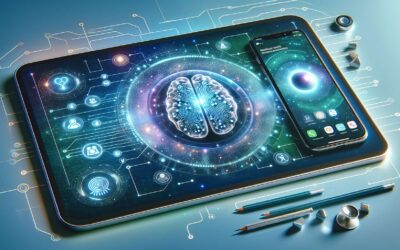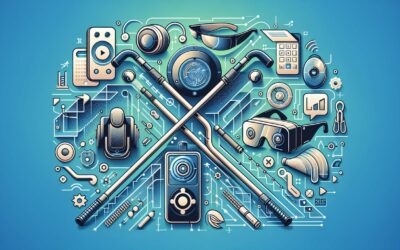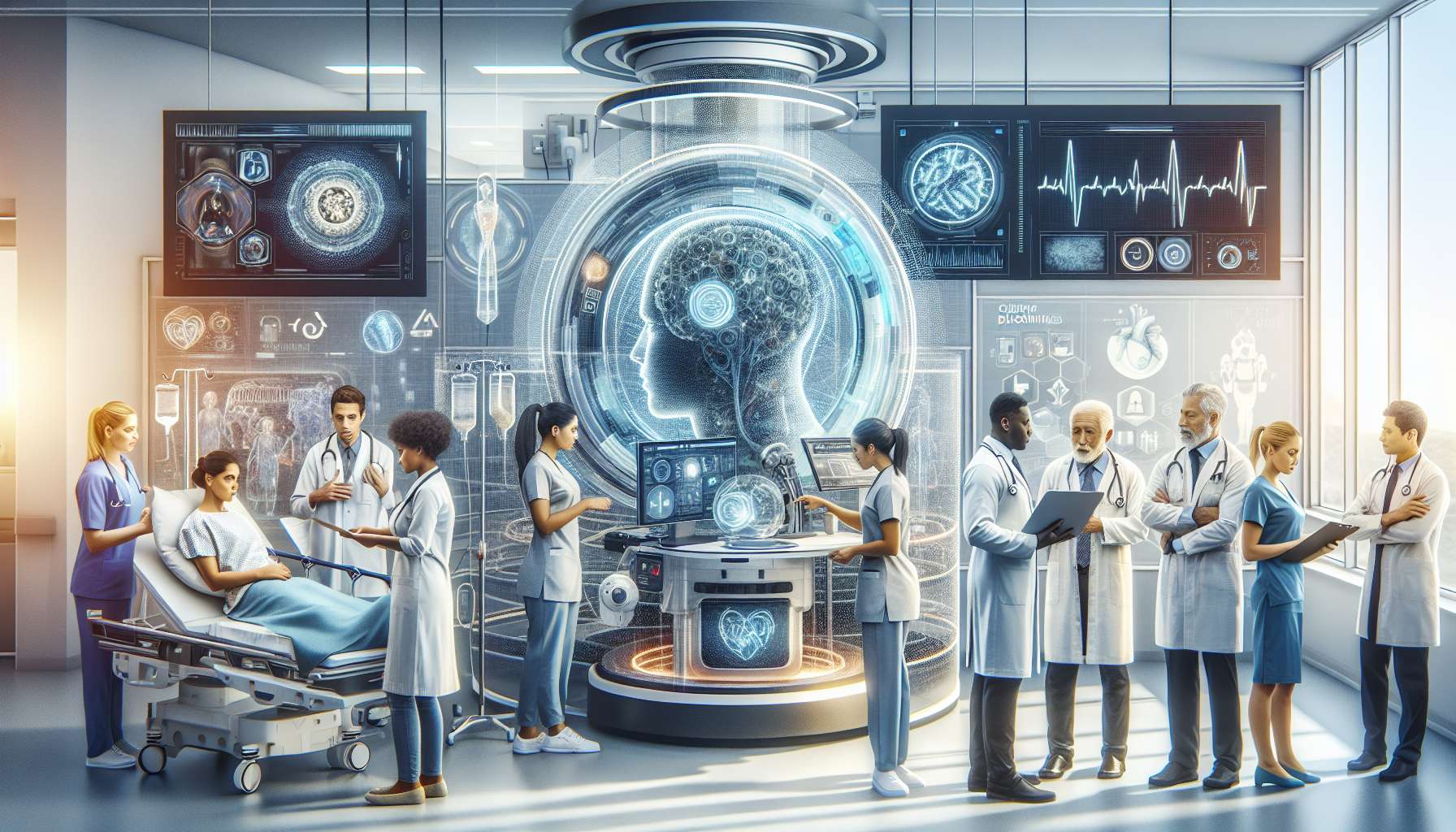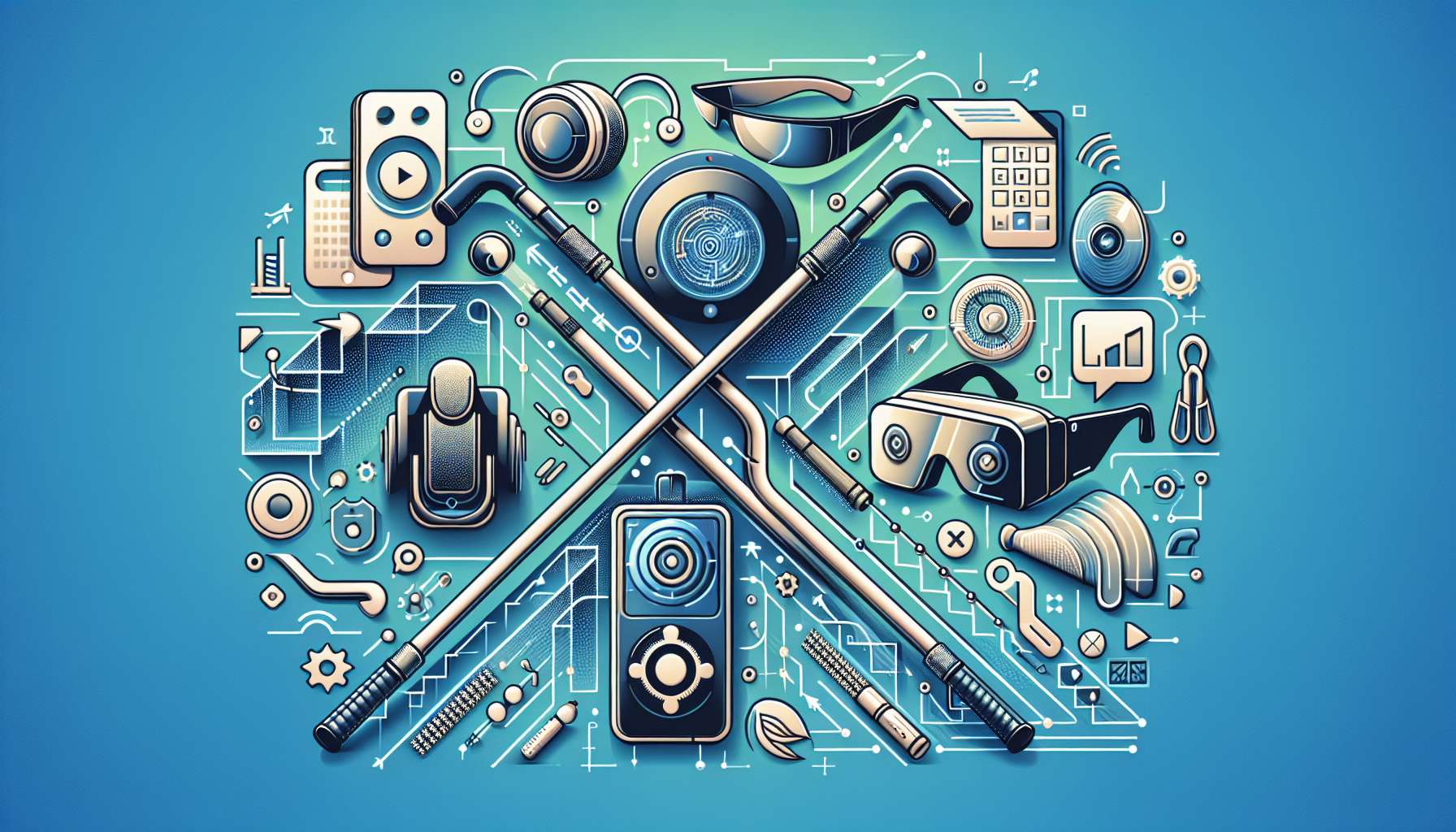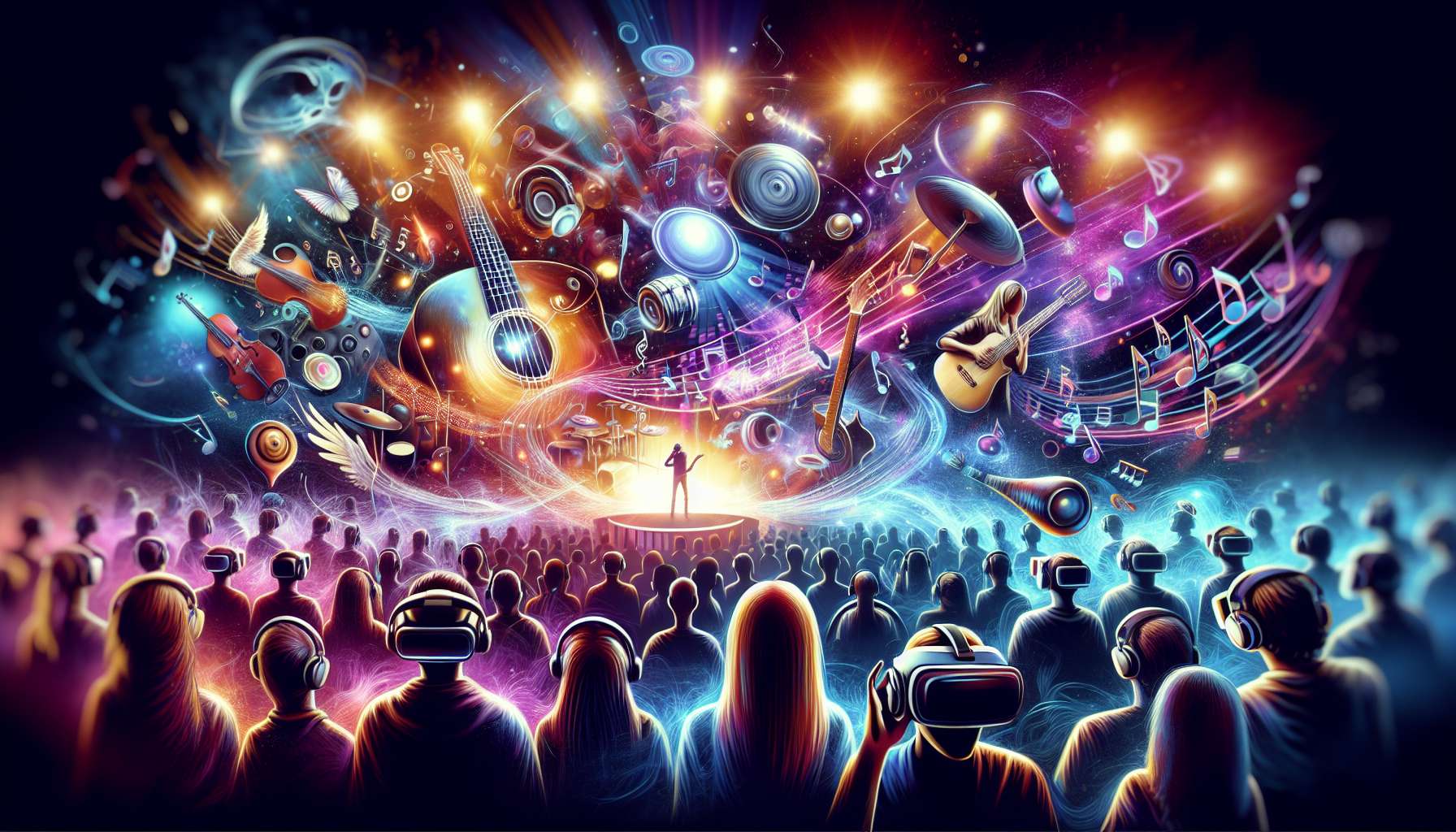Artificial Intelligence (AI) has been revolutionizing various industries, and healthcare is no exception. One of the most promising applications of AI in healthcare is in diagnostics. AI-powered healthcare diagnostics offer a range of opportunities to improve patient outcomes and streamline healthcare processes. However, this cutting-edge technology also comes with its own set of challenges.
### Challenges in AI-Powered Healthcare Diagnostics:
1. **Data Quality and Quantity:** AI algorithms require vast amounts of high-quality data to function effectively. In healthcare, ensuring the accuracy and completeness of data can be a significant challenge.
2. **Regulatory Hurdles:** Healthcare is a highly regulated industry, and implementing AI solutions requires compliance with strict regulations such as HIPAA. Navigating these regulatory hurdles can be complex and time-consuming.
3. **Interpretability and Trust:** AI algorithms often operate as “black boxes,” making it challenging for healthcare professionals to understand how decisions are made. Building trust in AI-powered diagnostics is crucial for widespread adoption.
4. **Ethical Considerations:** AI algorithms may inadvertently perpetuate biases present in the data they are trained on. Ensuring fairness and equity in healthcare diagnostics is a critical ethical consideration.
### Opportunities in AI-Powered Healthcare Diagnostics:
1. **Faster and More Accurate Diagnoses:** AI algorithms can analyze medical images, lab results, and patient data at a speed and scale that surpass human capabilities. This can lead to faster and more accurate diagnoses.
2. **Personalized Medicine:** AI can analyze vast amounts of patient data to tailor treatment plans to individual patients, leading to more personalized and effective healthcare interventions.
3. **Predictive Analytics:** By analyzing historical data, AI can help predict disease outbreaks, patient outcomes, and treatment responses, enabling proactive healthcare management.
4. **Workflow Optimization:** AI-powered diagnostics can automate routine tasks, freeing up healthcare professionals to focus on more complex and critical aspects of patient care.
In conclusion, AI-powered healthcare diagnostics hold immense promise for transforming the way healthcare is delivered. While there are challenges to overcome, the opportunities for improving patient outcomes, increasing efficiency, and advancing medical research make the integration of AI in healthcare diagnostics a worthwhile endeavor. By addressing the challenges and leveraging the opportunities, the future of healthcare diagnostics looks brighter with AI at its core.

